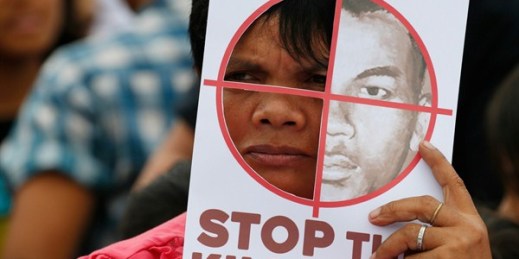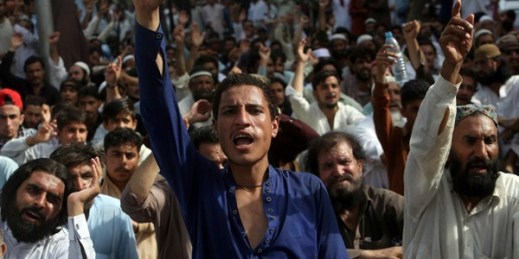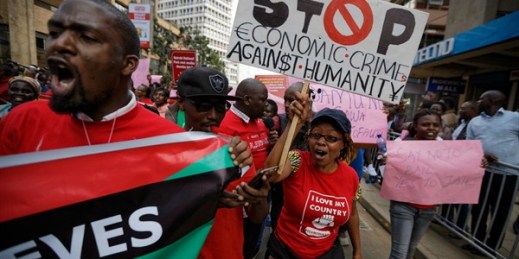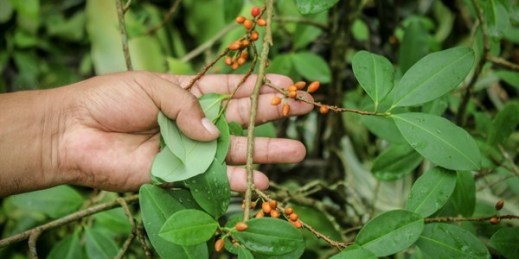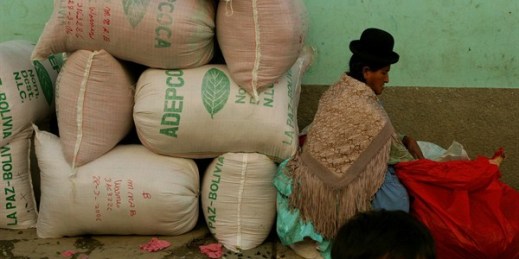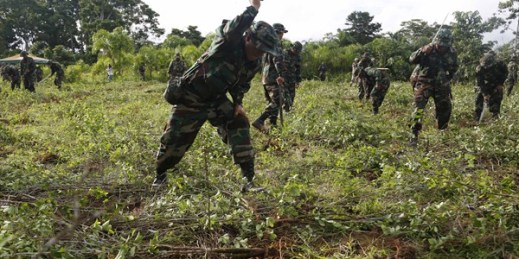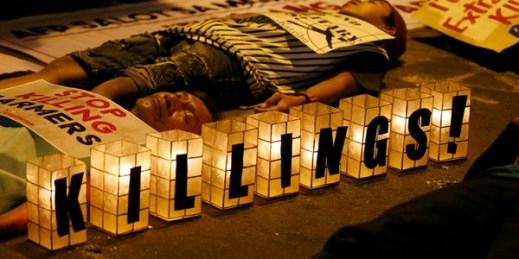
In this week’s Trend Lines podcast, WPR’s editor-in-chief, Judah Grunstein, and managing editor, Frederick Deknatel, discuss U.S. President Donald Trump’s just-announced summit with Russian President Vladimir Putin and the implications for U.S.-Russia and trans-Atlantic relations. For the Report, Ana Santos talks with WPR’s senior editor, Robbie Corey-Boulet, about efforts to hold Philippine President Rodrigo Duterte accountable for abuses committed in his bloody crackdown on drugs and petty crime. If you like what you hear on Trend Lines and what you’ve read on WPR, you can sign up for our free newsletter to get our uncompromising analysis delivered straight to your […]

